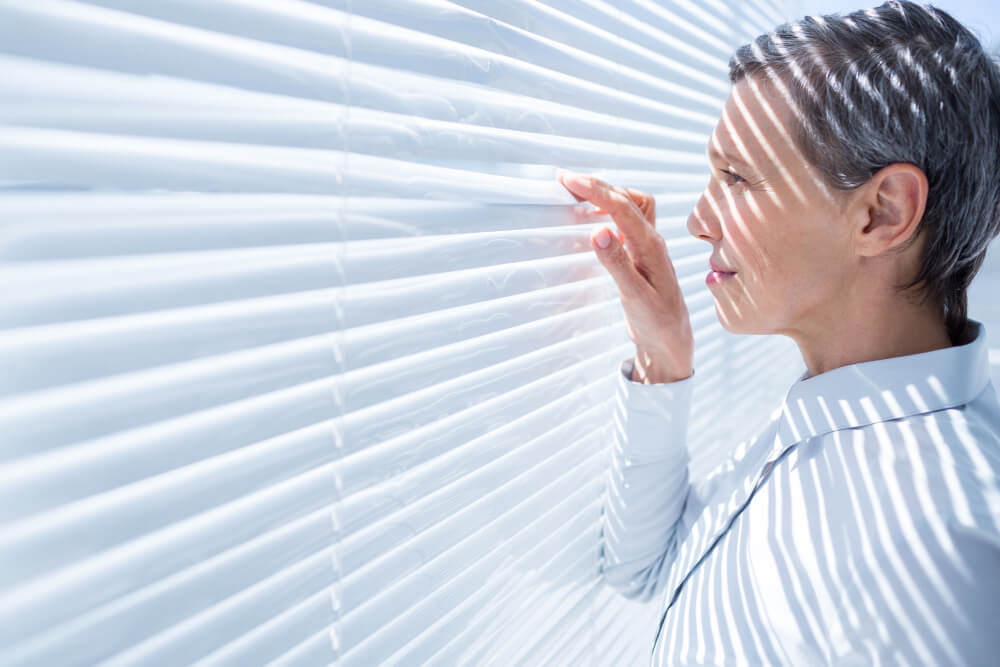HVAC Allergy Management
For many, seasonal allergies are more than a mere inconvenience—they’re a persistent issue that affects daily life. While much attention is often given to outdoor allergens like pollen, the role of your home’s indoor air quality is just as critical. Your HVAC system is a powerful tool in creating an allergen-free environment. At South Nashville Heating and Cooling, we specialize in optimizing HVAC systems to ensure your home remains a haven from allergens. Here’s how your HVAC system can enhance indoor air quality and alleviate seasonal allergies.
1. Regular Filter Changes
The air filter is the first line of defense in your HVAC system’s battle against allergens.
- Choose the Right Filter:
- High-Efficiency Particulate Air (HEPA) Filters: These are highly effective in capturing small particles, such as pollen, dust mites, and pet dander.
- MERV Ratings: Opt for filters with a Minimum Efficiency Reporting Value (MERV) of 13 or higher to trap even the smallest allergens.
- Replace Filters Frequently: During allergy seasons, replace your filters every 30 to 60 days, or sooner if you have pets or live in a high-pollen area.
2. HVAC Cleaning and Maintenance
A clean HVAC system operates more efficiently and reduces the presence of allergens in your home.
- Annual Inspections: Schedule professional maintenance at least once a year. Technicians will clean essential components like coils, fans, and vents, ensuring allergens don’t accumulate.
- Air Duct Cleaning:
- Dust, pet hair, and other allergens can accumulate in your ductwork over time, potentially recirculating allergens throughout your home.
- Consider duct cleaning if you’ve recently remodeled or noticed excessive dust on surfaces.
3. Humidity Control
Indoor humidity levels play a crucial role in allergen control.
- Dust Mites and Mold: Both thrive in high humidity. Keeping humidity between 30% and 50% can significantly reduce their growth.
- Dehumidifiers: Installing a whole-home dehumidifier can help maintain optimal humidity levels, especially during humid seasons.
- Humidifiers: In winter, dry air can irritate respiratory systems. Adding moisture with a humidifier can help alleviate allergy symptoms caused by overly dry air.
4. UV Air Purifiers
Incorporating UV air purifiers into your HVAC system adds an advanced layer of allergen protection.
- How They Work: UV-C light is used to kill or neutralize bacteria, mold spores, and viruses circulating through your HVAC system.
- Comprehensive Coverage: Unlike portable units, UV air purifiers integrated into your HVAC system treat the air throughout your entire home, ensuring consistent allergen control.
5. Smart Thermostat Usage
Smart thermostats can optimize your HVAC system to keep allergens under control.
- Automate Air Circulation: Program your thermostat to circulate air more frequently during peak allergy seasons, allowing filters to capture allergens effectively.
- Energy Efficiency: Adjust your system to reduce operation when windows are open to prevent outdoor allergens from being drawn into your home.
6. Upgrade to Whole-Home Air Purifiers
Whole-home air purifiers take indoor air quality to the next level by working alongside your HVAC system.
- Advanced Filtration: These systems are designed to remove airborne allergens, pollutants, and even odors.
- Consistent Performance: Because they are integrated with your HVAC system, they continuously purify the air in every room.
7. Seal Leaks and Improve Ventilation
Prevent outdoor allergens from entering your home through leaks or poorly sealed areas.
- Inspect for Leaks: Check around windows, doors, and ductwork for potential leaks where allergens could infiltrate.
- Improve Ventilation: Ensure your HVAC system has adequate ventilation to remove stale air and bring in fresh, filtered air.
8. Educate and Empower Allergy Sufferers
Understanding the connection between your HVAC system and allergen control is key to maintaining a healthy home.
- Know the Signs: If family members experience persistent allergy symptoms indoors, your HVAC system may need an upgrade or servicing.
- Work with Professionals: Partnering with an experienced HVAC provider ensures your system is optimized for allergy relief.
Conclusion
Seasonal allergies don’t have to dictate your comfort at home. By leveraging the full potential of your HVAC system, you can reduce allergens, improve indoor air quality, and create a healthier living environment. Regular maintenance, strategic upgrades, and the use of advanced tools like smart thermostats and UV air purifiers can make all the difference.
At South Nashville Heating and Cooling, we are dedicated to helping you breathe easier in your home. Whether it’s upgrading your filters, installing air purifiers, or performing essential HVAC maintenance, our team is here to support you.
Ready to enhance your indoor air quality and combat seasonal allergies? Contact us today. Fill out the form below or give us a call to schedule a consultation. Let us help you create an allergen-free sanctuary for you and your family.









